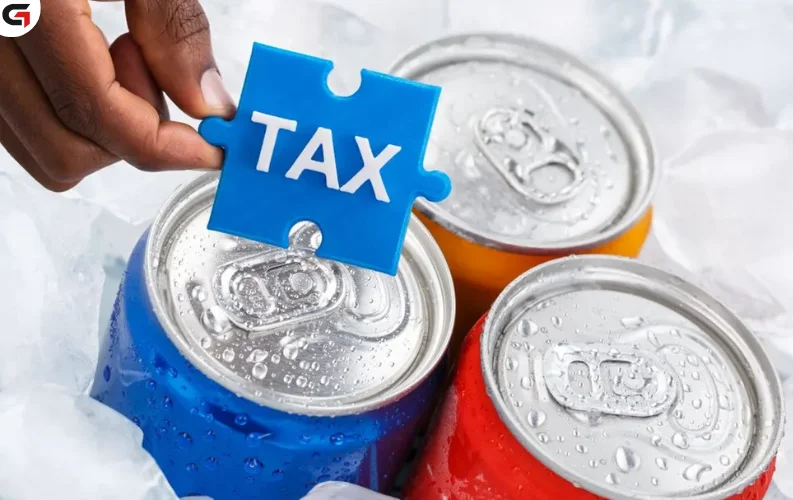Saudi Arabia will introduce a new tax structure on sweetened beverages beginning January 2026, shifting away from its current flat 50 percent excise tax to a tiered system based on sugar content. The move marks a major step in aligning fiscal policy with public health goals across the Gulf region.
The GCC Financial and Economic Cooperation Committee has approved the revised taxation framework, which calculates levies according to the amount of sugar per 100 millilitres of beverage. The higher the sugar concentration, the greater the tax rate. This approach aims to encourage manufacturers to reduce sugar levels and promote healthier consumption habits among residents.
The existing law applies a uniform 50 percent excise tax on all sweetened beverages, regardless of sugar content. Under the new model, however, beverages with lower sugar levels will be taxed less, incentivizing both producers and consumers to make better health-conscious choices.
The Zakat, Tax and Customs Authority (ZATCA) has published proposed amendments to the Excise Goods Tax Law on the public consultation platform “Istitlaa”, inviting feedback until October 23, 2025. These amendments outline how companies will transition to the volumetric sugar-based model and the technical requirements for compliance.
According to ZATCA, the revised framework covers all products containing added sugars or artificial sweeteners, including ready-to-drink items, concentrates, powders, gels, and syrups that can be converted into beverages. The authority stated that the new system will offer businesses ample time to adapt their production and labelling processes before the rollout.
Workshops and awareness sessions will be conducted with importers, distributors, and manufacturers to ensure clarity and a smooth implementation process. The reform follows a broader GCC initiative to standardize excise taxation across member states, ensuring that sweetened beverage taxes are applied consistently throughout the region.
Once all legislative and regulatory procedures are completed, the new system will officially take effect in Saudi Arabia in early 2026, representing a major step in the Kingdom’s efforts to balance economic reform with public health priorities.




















